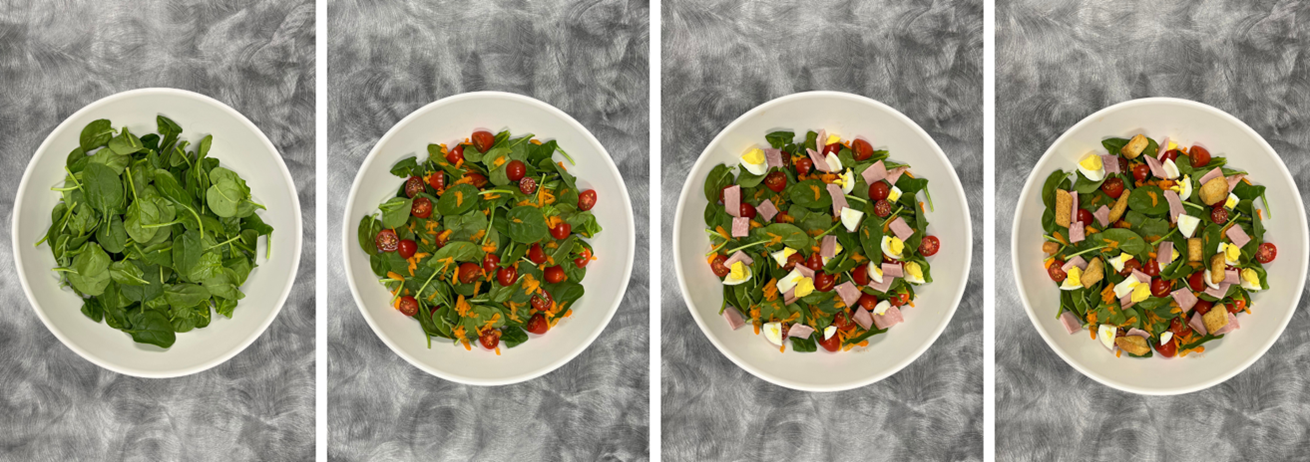Articles
Reduce, Reuse, and Reimagine

By: Shae Hand, AAAWM Dietetics Intern
From lush green trees to bright, beautiful flowers, nature gives us so much to be thankful for. April is Earth Month making it the perfect time to think about reimagining daily tasks to make them eco-friendly. If each of us does our part, we can help to create a healthier planet. Below are five useful tips to get started:
1. Reimagine Leftovers
When you’re nearing the end of the week and groceries are running thin, it might feel tempting to head to a restaurant or pick up some takeout but with a little creativity, you might be able to make something tasty with your existing leftovers.
A great option is using miscellaneous combinations of protein and veggies to make a salad. If you start with a base of lettuce or spinach, you can mix broccoli, carrots, tomatoes, or onions with protein from previously cooked chicken or steak, or even extra deli meat. Data from the United States Department of Agriculture states that on average each person sends 218.9 lbs. of food waste to landfills each year, so by enjoying the food already in your fridge you can help to reduce total food waste.
2. Take Public Transportation
To get from point-A to point-B, walking might not be an option. Many Americans choose to drive to their target destination but by taking public or mass transit CO2 emissions are reduced by 45%. Lower emissions also mean better air quality and reduced global warming.
The Area Agency on Aging of Western Michigan (AAAWM) has partners in all nine counties to help with public or assisted transit including Community Action Allegan County, Ludington Mass Transit Authority, and many Commissions on Aging. In Kent County, the senior millage supports RideLink, a transportation partnership between five organizations. For a full list of transit providers in all counties, check out our transportation service providers directory.
3. Plant A Garden
Fresh air and fresh produce go hand-in-hand when it comes to planting a garden. Not only does gardening allow for delicious home-grown food, but it also helps you to stay active and get more fresh air. As a bonus, personal gardens help to limit transportation costs because agricultural products are one of the top two commodities transported by semi-truck in the United States. Enjoying locally grown food also reduces packaging waste and food waste.
4. Consider Water & Energy Saving Tools
Whether you live in an apartment, condo, or house, chances are you could be saving energy, and money, on your electricity and water bills. By swapping older lightbulbs with more efficient LED bulbs, changing to a high-efficiency shower head, or properly maintaining HVAC systems, you can help to reduce your environmental footprint.
AAAWM has a handful of partners that can help with making some of these swaps including the Grand Rapids Nehemiah Project and Steepletown Neighborhood Service. For a full list of providers in your area, review our full service directory.
5. Try Out More Plant-Based Protein
When it comes to planning your next shopping list, think about adding in some more plant-based protein like tofu, black beans, or chickpeas. Plant-based options are often lower in cost and provide both health and environmental benefits. People who regularly consume plant-based meals have a lower risk of cardiovascular disease. And, shifting away from animal-based foods has the potential to add up to 49% to the global food supply while simultaneously reducing overall carbon emissions.
By incorporating any, or all, of these steps, we can do our part in helping to protect the Earth and all of the wonderful benefits it provides to us.
Tagged:

